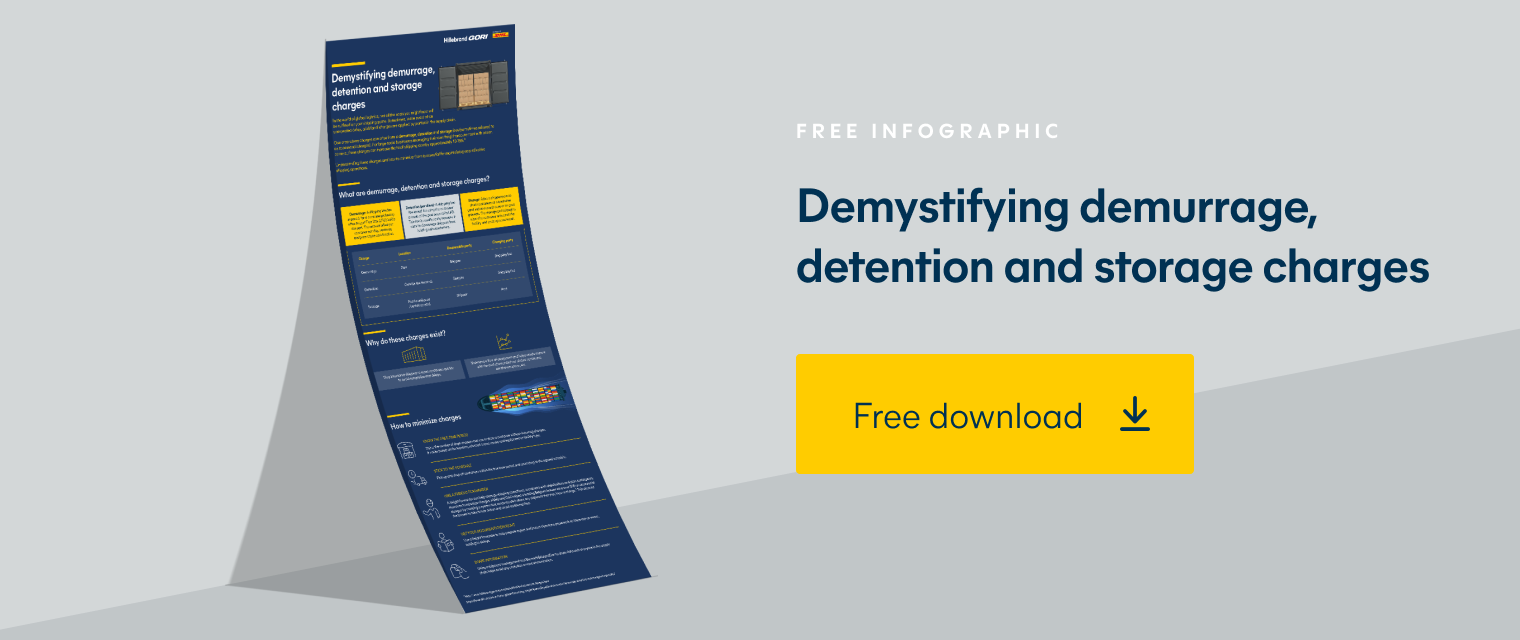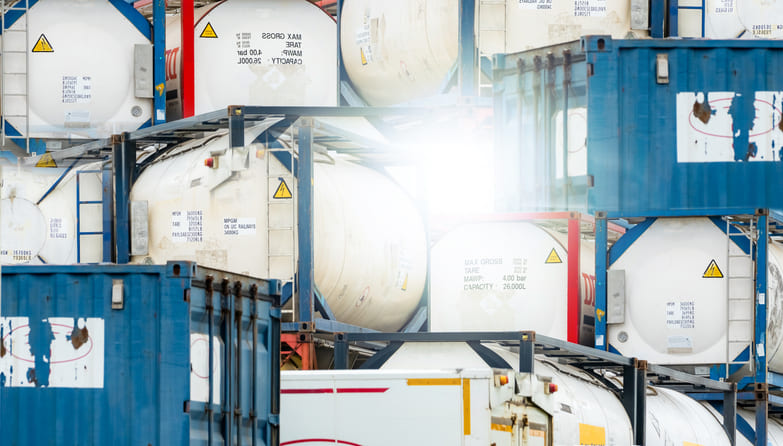Supply chain B2B: the key to successful B2C sales
B2C (business-to-consumer) sales are essential to any business’s success, but it doesn’t happen without careful planning and strategic execution.
Supply chain B2B (business-to-business) management can provide the toolset required to: improve your B2C sales, streamline processes, and enhance visibility.
Whether working with a single supplier or multiple partners in a complex supply chain, B2B supply chain management (SCM) can help you achieve your B2C sales goals. You can create a system that works for you with improved efficiency, cost savings, and cost control.
What is a B2B supply chain?
Supply chain B2B refers to a type of business where one company transacts with another, like when a wholesaler sells products to a retailer.
This type of transaction typically occurs in the supply chain. For example, a manufacturer may source raw materials from suppliers, process them and then sell the finished product to distributors.
B2B SCM is becoming increasingly important for companies that rely on their B2C sales to remain competitive.
By streamlining the process and optimizing resources, B2B SCM can help companies:
- Increase their sales
- Reduce costs
- Improve customer satisfaction
What are the 4 types of supply chain B2B customers?
There are four categories of supply chain B2B customers:
- Institutions include nonprofit organizations like charitable organizations and public colleges.
- Governments purchase a wide variety of products and services, from office supplies to garbage collection.
- Producers, which include auto manufacturers, buy a product or service to turn it into different products or services.
- Resellers, which include retailers, sell products or services created by other companies without significantly changing modifying them.
Supply chain B2B and B2C: what’s the difference?
The main difference between supply chain B2B and B2C is the type of customer.
A B2B supply chain involves businesses buying and selling from each other, while a B2C supply chain involves businesses selling directly to customers.
Here are key differences between the two:
- B2C supply chains are typically longer than B2B. A B2C supply chain includes more stakeholders and touchpoints.
- Businesses that sell directly to consumers (B2C) have a larger customer base. A B2B company may have only a few important accounts that they focus on.
B2C sales involve a smaller volume of transactions compared to B2B sales. For example, a wine bar may buy several pallets of wine from a wholesaler but only sell one bottle to a customer.
How companies are using supply chain B2B management as a long-term business strategy
COVID-19 has forced companies to evaluate and revise their normal business models to survive.
Those changes may have been in response to margin erosion, market and workforce conditions, reduced cash flow or any combination of the three. We have seen the greatest stopgap opportunities in B2B SCM.
SCM involves managing every step of a product’s journey, from sourcing materials to delivering the final product.
It also involves forecasting demand, as well as managing inventory and delivery.
By improving supply chain efficiency, businesses can save money and time, allowing them to focus resources on areas that will help improve customer satisfaction and sales performance.
Companies are recognizing that these efficient and strategic planning improvements go beyond short-term crisis management and are integrating them into their long-term business strategy.
For example, many wineries and breweries experienced a reduction in workforce, affecting procurement, production and logistics. Producers are employing transformative SCM practices to their inventory management and production planning by working more collaboratively with their supply chain partners.
Moreover, many are opting for a streamlined, versatile partner that can manage their supply chain from production to consumer, port-to-port and door-to-door. Working with a trusted partner does not infer that the producer gives up total control over their SCM.
Hillebrand Gori fosters collaboration and transparency by providing technology that enables customers to monitor their product throughout the supply chain cycle. There is open communication between all teams to ensure our execution remains aligned with your business objectives even as they shift.
Our customers have benefited from:
- Optimized forecasting
- Demand planning
- Network design
- Inventory control
Supply chain B2B: lean on industry experts for guidance and support
Right now, laser focus is needed to survive and thrive through the pandemic crisis, and the time is right to outsource to trusted experts whenever possible.
As an SCM partner with over 175 years of experience, Hillebrand Gori has worked closely with beverage companies of all sizes around the world. We have a well-established global supply chain network and extensive team of supply chain experts.
We protect your product and your brand by providing 24/7 security measures and temperature-controlled areas designed for beverages. Our team fully understands local legislation and international regulations that apply to your specific shipments and will advise you on any additional steps that you may need to take.
We recognize that your product is your brand and we are driven to protect and manage this.
The key to growth is the ability to adapt to dynamic supply chain B2B market conditions
“Pivot” may well end up being the word of the year for 2020.
We are proud of our ability to tackle and resolve any supply chain B2B logistics challenge that beverage producers, importers and distributors might face.
The Hillebrand Gori beverage experts have the flexibility to surge up or down as your supply chain volumes change. The logistics experts at Hillebrand Gori were skilled at pivoting transportation and storage solutions for customers before COVID-19 was a reality.
This expertise has served our clients well during the pandemic. We have been nimble enough to restructure our customers’ transportation and warehouse solutions based on changing supply and demand needs.
Due to pantry loading and a shift in consumption habits, producers have had to rethink product location and packaging.
How did we respond to those needs?
We avoided service disruption by executing our proven business continuity plan, all while protecting the safety and health of our teams. We have accomplished these pivots thanks to our deep logistics bench strength and an agile SCM network to address local to global needs.
What does this mean for your business?
It means our expanded team of experienced logistics professionals is at your service to provide warehouse space, cross docking, drayage and transportation.
Rely on partnerships – not just supply chain B2B contracts
Our goal is to reduce your SCM burden so that you can focus on creating the beverages that your customers want and need.
Hillebrand Gori provides a full team dedicated to managing your products from production to the consumer – door-to-door and port-to-port. We work to help you grow your business and adapt to ever-changing needs and conditions.
Contact us to learn more about our SCM solutions.
How can we help your business grow?





